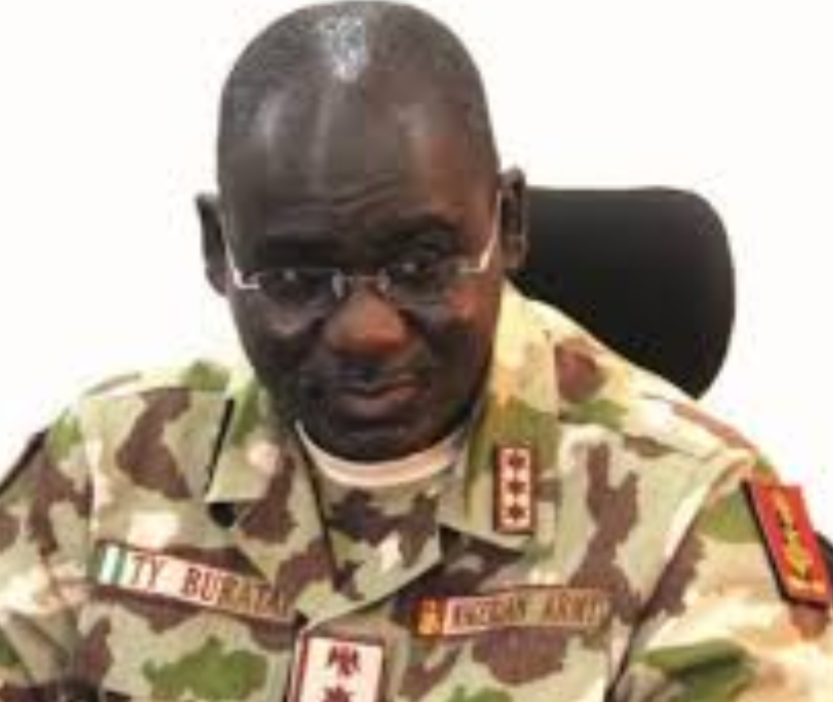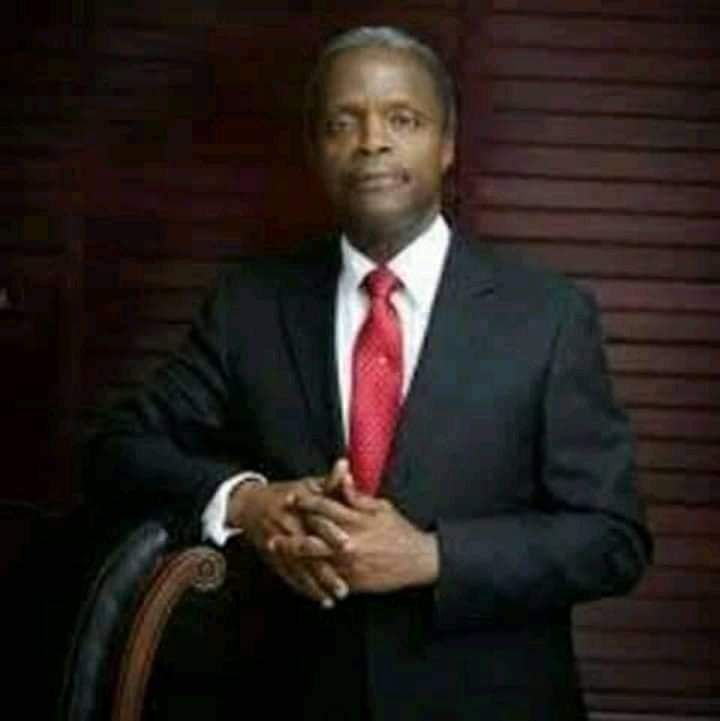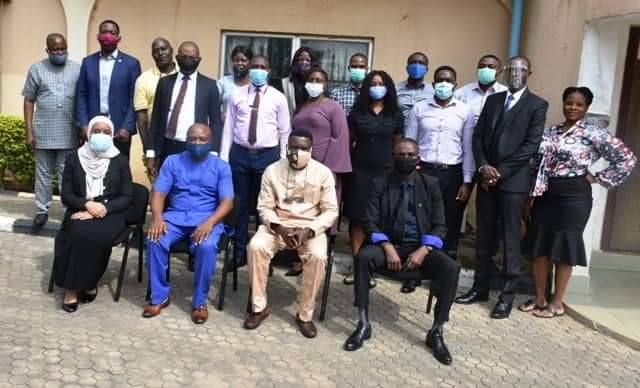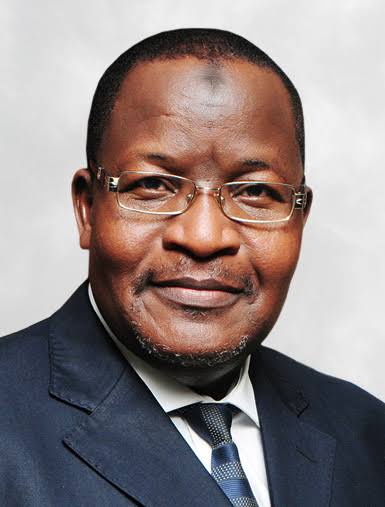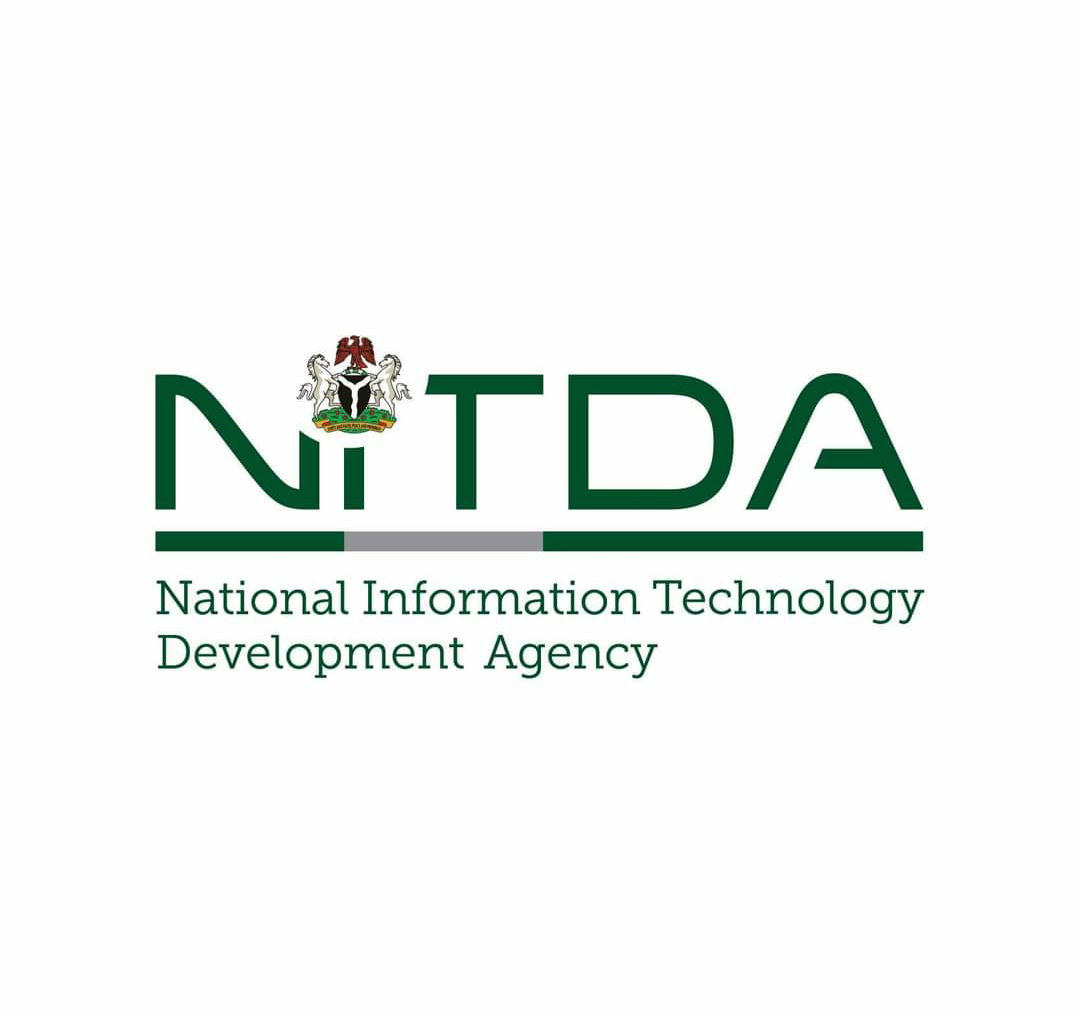Driving inclusive growth across Africa should be a collective goal for all its inhabitants. In particular, building an African-wide technology ecosystem, is essential for the development and empowerment of business in Africa. CMC Networks, Africa and the Middle East’s premier data connectivity network provider, says that building an African network for Africans should be an imperative if technology is to play a role in developing a vital emerging market.
Marisa Trisolino, CEO of CMC Networks, says that digital transformation plays a key role in the focus and growth of an African-wide network: “Digitilisation and the Covid-19 pandemic has assisted in -accelerating many CIOs to reconsider the benefits of a locally driven network, as well as the role of peering.”
According to Trisolino, Africa, despite its progress, still remains behind global counterparts when considering its level of digital transformation and in particular, cloud and peering adoption: “Thanks to the arrival of key cloud providers, CIOs have started to consider the viability of developing stronger and more functional local networks, relying less and less on offshore support or services. Traditional practices such as IP Transit remains popular, despite its prohibitive cost. We need to start changing the mindset and approach in building an African-focused network.”
Believing that a cloud strategy was exorbitantly priced, CIOs have been apprehensive about implementing a fully-fledged one, however Trisolino says that the mood has changed with many CIOs now -fast tracking a cloud implementation: “While the pandemic forced a more focused look at cloud computing, CIOs have become far more aware of the benefits of digital transformation. Not only in terms of managing IT infrastructure, but more importantly, the availability of services and solutions that can be offered as a result.”
While the Tier 1 Operators are leading the transformation, Trisolino says that CMC Networks has seen significant uptake within the industry ranging from corporate law firms, to courier companies realising the far-reaching benefits of digitilisation and of technologies such as Artificial Intelligence, Machine Learning and the Internet of Things.
Of significant importance, says Trisolino is CMC Network’s relationship with vendor-neutral data Centre, Teraco: “Being on Teraco’s Africa Cloud Exchange provides direct connection to a wide range of local and global cloud services. This enables us to push our agenda of building an African network more easily, and cost effectively.”
In its drive to keep traffic onshore, CMC Networks has developed a unique peering strategy and works closely with Africa’s largest Internet exchange, NAPAfrica. Jan Hnizdo, CEO of Teraco, says that the data centre is a passionate advocate for carriers building networks to broaden the reach across Africa: “We are Africa’s most interconnected data centre, offering not only access to NAPAfrica, but also to the Africa Cloud Exchange, which is aimed at improving hybrid and multi-cloud performance through direct interconnection.”
Through its presence within Teraco, CMC Networks is able to offer access to its African network, which services 51 of the 54 African countries, quickly and cost effectively. In addition, Trisolino says that cross-border connectivity is a seamless experience if both parties are located within the exchange.
“Not only does Teraco have the infrastructure in place, it also has the skills and knowledge to ensure cross-connections are done within hours. Together with NAPAfrica, CMC Networks uses remote peering and its 80+ African Points of Presence, as a viable option versus a pricey alternative of IP Transit.”
She says that as more edges are built to the Internet, content grows, transit increases and economies can flourish: “If we collectively aim to support local exchanges and utilise locally-based peering services, we can grow the connected economies and further develop and grow the networks across the African continent.”
ENDS
About CMC Networks
CMC Networks is a carrier-neutral vendor that provides and enables connectivity and solutions across the entire African continent and Middle East region, with 80 PoPs across 51 countries in Africa and 110 PoPs globally across USA, Europe, UAE, India, and Asia Pacific regions.
CMC Networks provides customers with world class, next generation connectivity and solutions across a traditionally difficult geography in a manner normally associated with first world countries to their end-users, making true one stop shopping for wholesale telco services a reality, and ensuring all customers are and will be future ready.
CMC Networks is majority owned by The Carlyle Group, which is one of the world’s largest and most diversified alternative asset management firms with over $200B of assets under management. www.carlyle.com


